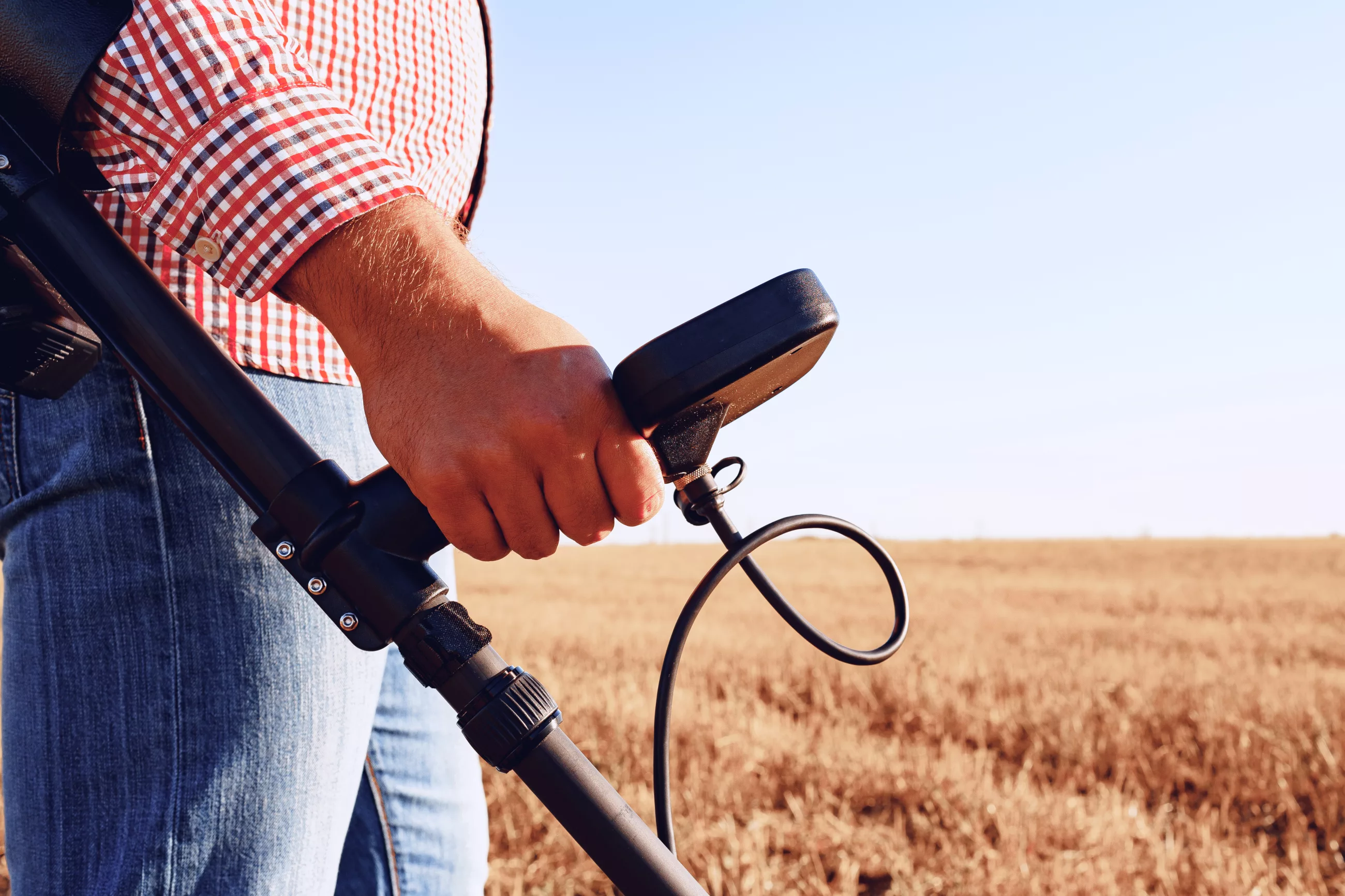One of the more exciting hobbies available today is metal detecting. Metal detecting will allow you to find coins, jewelry, and other objects. There are many great reasons to start using metal detectors as a hobby, including the fun, excitement, and history involved. Here are some points that will help convince you to get started on this exciting hobby.

Metal Detection As A Hobby:
Metal detection is a great pastime that can be enjoyed in your backyard or while exploring the world. It’s also a great way to exercise, stay healthy, and get fresh air.
Metal detection sensors on the market will detect just about anything made of metal, including coins, jewelry, and relics from ancient civilizations. Archaeologists use these types of sensors worldwide to find items buried for centuries.
There are several different types of detectors available for purchase today:
- Hand-Held Detectors: These metal detectors are lightweight and portable that can be carried around easily. They are usually less expensive than other metal sensors but have fewer features than other models. Most hand-held models only have one frequency setting and are less accurate at detecting small objects than other types of units.
- Submersible detectors: These units are waterproof, so they can be used underwater without risking damage or corrosion caused by moisture intrusion into their circuitry. The submersible units typically come equipped with headphones so you can hear sounds underwater more clearly than if you were using regular headphones while diving or snorkeling alone.
- Advanced Detectors: More advanced models use ground-penetrating radar (GPR) to detect objects up to five feet below ground level and sometimes even larger objects buried deeper than this depth. These detectors usually come with a display screen so you can see what the device is sensing in real time. They also have audio feedback so you know if the device has detected any metals and where they might be located relative to your position above the ground. Specialized detectors can also detect minerals and other materials such as gold nuggets, jewelry, coins, or relics from archaeological sites like old shipwrecks.

How To Start Metal Detection?
Getting started with metal detecting requires some initial investment and is relatively inexpensive. You will need to purchase a metal detectorfirst, along with some accessories such as earphones or headphones so that you can hear the signals clearly while searching through tall grass or gravel surfaces. You also need to purchase some digging tools, such as shovels or spades, to dig up any objects you find while searching through the ground.
After purchasing your equipment, you must practice using it before going out on an actual hunt for hidden objects or treasures buried beneath the ground surface. Try placing coins or different metal objects on the ground and listen to the different sounds your metal detector makes.
Final Thoughts:
Metal detection is a cost-effective hobby that you can try almost anywhere. Since you can detect it on land or in water, it is easy to choose where and when you want to search. Also, since there are so many different sites with items of interest, you never know what relic or coin you will find next. Metal detecting offers the best of both worlds: relaxation and adventure.
